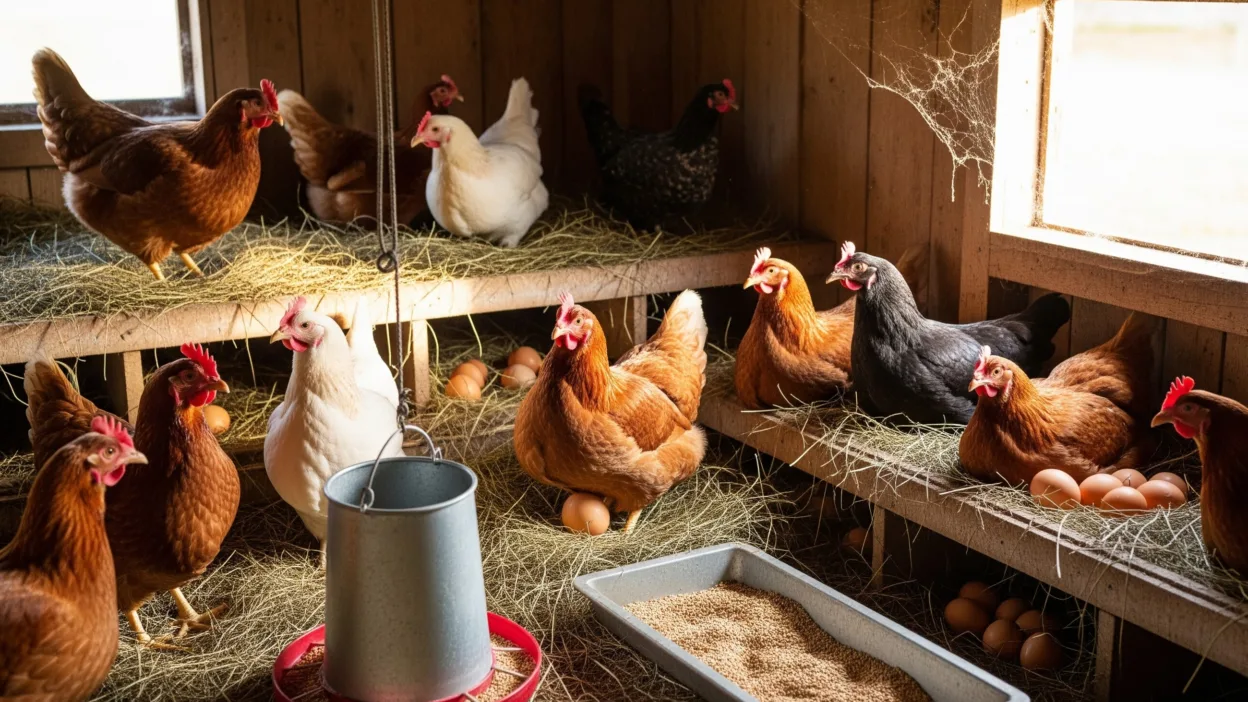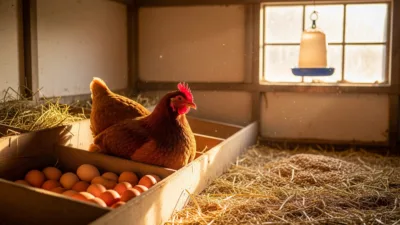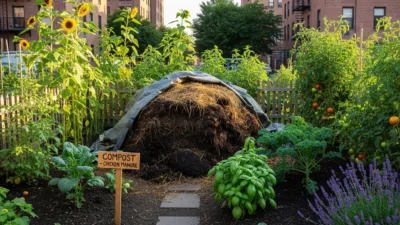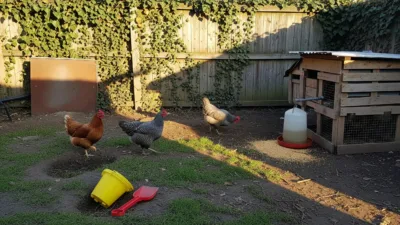Raising chickens for fresh eggs is rewarding, but many backyard flock owners eventually ask: When do chickens stop laying eggs? Understanding a hen’s egg-laying cycle helps you plan for feed, flock management, and long-term care.
While most hens produce consistently in their younger years, egg production slows down as they age, and eventually, they stop laying altogether.
The Average Egg-Laying Lifespan of Chickens
- First eggs: Most hens begin laying between 16–24 weeks old (about 4–6 months).
- Peak production: Hens usually lay the most eggs during their first 1–2 years. Breeds like Leghorns may produce over 300 eggs a year during this time.
- Decline phase: After age 3, egg production naturally slows down.
- Stopping point: Many chickens stop laying entirely between age 5–7, though some may lay occasional eggs even later.
Factors That Influence When Chickens Stop Laying Eggs
1. Breed Matters
Different breeds have different laying lifespans:
- High-production breeds (Leghorn, Rhode Island Red, ISA Brown) lay heavily for a few years but stop earlier.
- Heritage breeds (Plymouth Rock, Orpington, Sussex) lay fewer eggs per year but continue for more years.
2. Age
Egg production is most reliable in the first 2–3 years. Older hens may still lay but much less frequently.
3. Molting
Chickens molt (shed and regrow feathers) yearly, usually in fall. During molting, egg laying pauses for 6–12 weeks.
4. Seasonal Light
Chickens need 14–16 hours of daylight to maintain strong egg production. In winter, many hens stop laying unless artificial lighting is added.
5. Health and Nutrition
Poor diet, stress, parasites, or illness can reduce laying early. A balanced layer feed with calcium and protein extends laying years.
Do Chickens Stop Laying All at Once?
No! egg production typically declines gradually. You may notice:
- Smaller eggs
- Longer gaps between laying
- More frequent “eggless days”
- Eventually, complete stop
Some hens become permanent freeloaders, living happily without producing eggs but still contributing to the flock’s social dynamics.
What to Do With Older Hens That Stop Laying
When your hens slow down or stop laying, you have choices:
- Keep them as pets – Many owners keep older hens for companionship, pest control, and fertilizing the garden.
- Cull for meat – Some homesteaders process older hens for stew or broth.
- Rehome – If you can’t keep non-laying hens, consider rehoming them to small farms or pet homes.
How to Extend Egg Production
While no chicken lays forever, you can maximize egg-laying years by:
- Providing high-quality layer feed with 16–18% protein.
- Adding oyster shell or grit for strong eggshells.
- Ensuring clean, dry coops to prevent stress and illness.
- Offering seasonal lighting in winter.
- Reducing stress from predators or overcrowding.
Final Thoughts
So, when do chickens stop laying eggs? Most hens slow down after 3 years of age and stop completely around 5–7 years old. Breed, health, and seasonal conditions all affect egg production.
Whether you keep hens for eggs, meat, or companionship, understanding their laying cycle helps you manage your flock responsibly. Even when hens retire from laying, they still play an important role in your backyard ecosystem.



